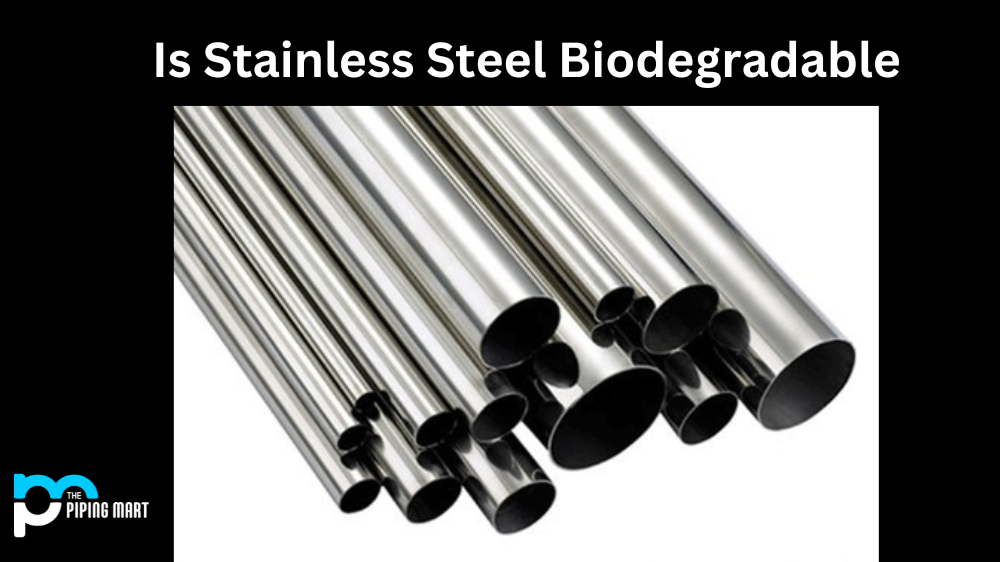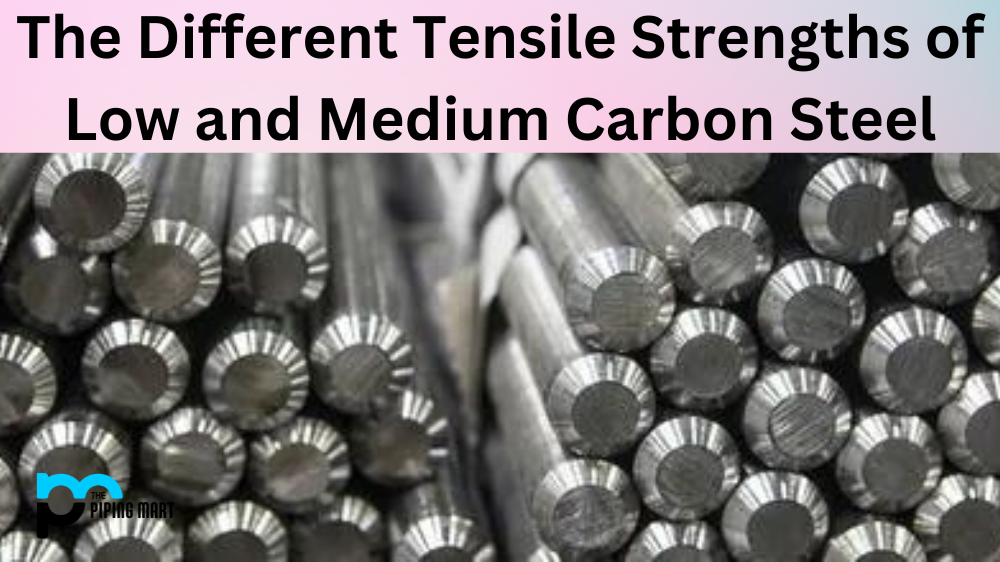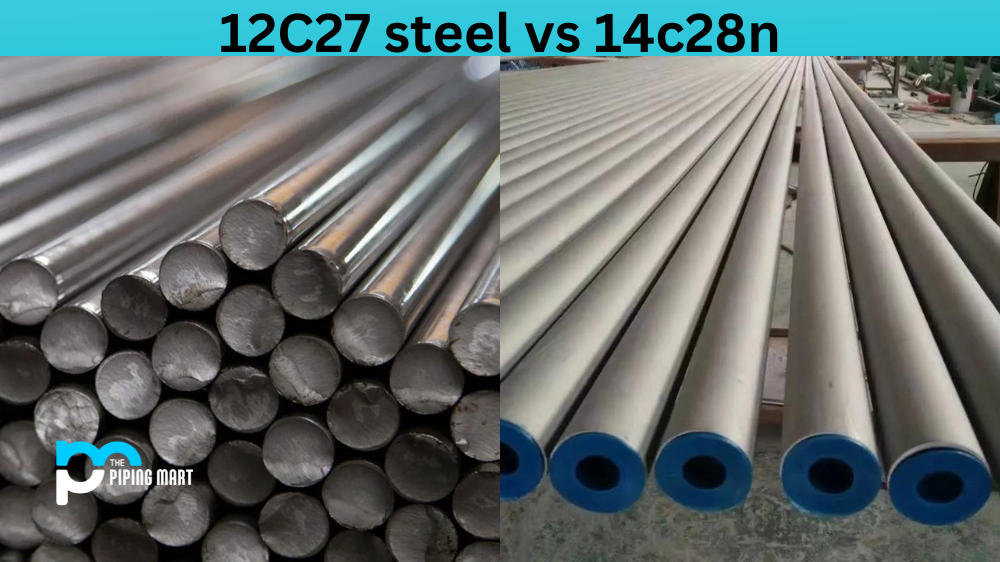Stainless steel is a popular material used in many industries. It’s strong, long-lasting, and corrosion-resistant, making it an ideal choice for everything from cutlery to kitchen appliances. But what about its environmental impact? Is stainless steel biodegradable?
The short answer is no—stainless steel is not biodegradable. That means it will remain there indefinitely once it enters the environment. Because of this, stainless steel has become a growing concern among environmentalists who worry about its potential environmental impact.
The primary issue with stainless steel waste is how long it decomposes. Unlike other materials, such as paper or wood, which can break down over time, stainless steel will not degrade naturally in the environment. It could remain in landfills for centuries before finally breaking into smaller particles.
Another issue is that stainless steel can leach toxic chemicals into the soil if it comes into contact with groundwater or rainwater. These chemicals can then be absorbed by plants and animals, leading to health problems for humans and wildlife. In addition, stainless steel debris can also harm marine life if it makes its way into oceans or waterways.
Conclusion:
The takeaway from all this is that although stainless steel may have some advantages over other materials regarding durability and strength, its non-biodegradability poses serious environmental risks and should be considered when deciding whether or not to use stainless steel products. The best way to reduce your environmental impact is to opt for more easily recyclable materials, such as aluminium or plastic, instead of choosing products made of stainless steel whenever possible. Doing so can help ensure a more sustainable future for our planet and everyone who lives on it!

Pipingmart is a B2B portal that specializes in metal, industrial and piping items. Additionally, we share the latest information and information about materials, products and various types of grades to assist businesses that are involved in this business.




